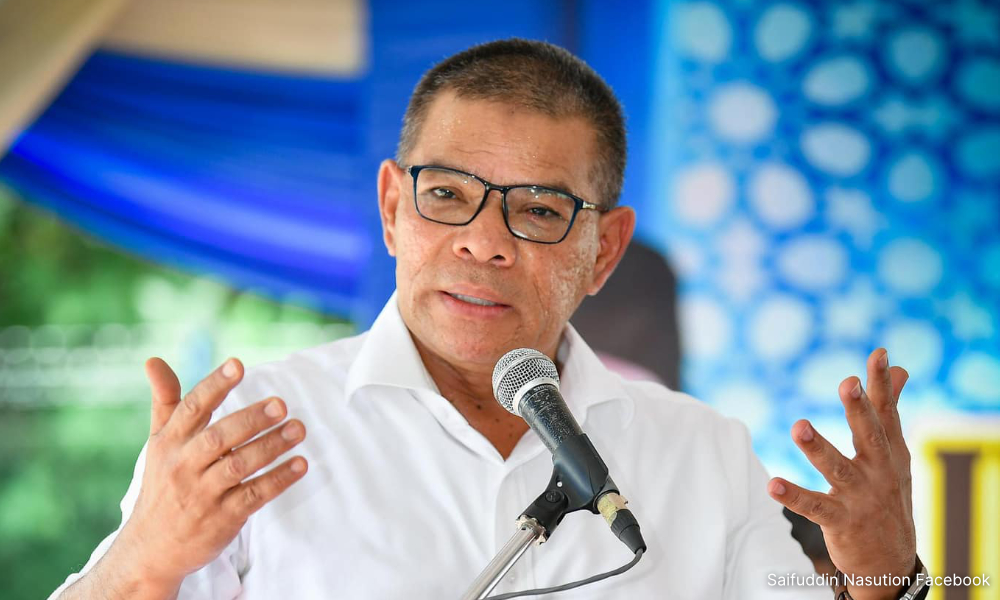Gerakan today joined the chorus of opposition against the proposed citizenship amendments, saying it would put foreign wives and children in jeopardy.
“One of the issues we are concerned about is the proposal includes provisions to strip foreign wives of Malaysian citizenship if their marriage dissolves within less than two years of obtaining the citizenship.
“Bear in mind that Malaysia doesn’t allow dual citizenship among its citizens. As such, the proposed provision may render the foreign wife stateless if their marriage ends in the stipulated time.
“I can’t help but ask if our women, family and community development minister (Nancy Shukri) has spoken out against this injustice,” said its president Dominic Lau in a statement.
Lau was referring to the proposed amendments to Article 26(2) of the Federal Constitution, which is related to Article 15(1).
Article 15(1) states that a non-Malaysian woman can apply to be a citizen as long as she is married to a Malaysian, subject to a list of criteria.
Article 26(2) states the government can reject this application if it is found the marriage is dissolved within two years of the “date of the marriage”.
The amendment seeks to change the words “date of the marriage” to “date of obtaining citizenship”.
This means the government seeks to revoke citizenship granted to a foreign wife if her marriage ends within two years of her receiving Malaysian citizenship.
Open to abuse
On March 11, Home Minister Saifuddin Nasution Ismail doubled down on the proposal despite brickbats from various quarters.
He even defended the amendments related to citizenship for foundlings, citing it was needed to prevent it from being abused by foreigners.

Saifuddin said there have been cases where migrant couples abandoned their newborns after giving birth at government hospitals.
Saifuddin alleged that foreigners did this on purpose as they knew that the children could automatically get Malaysian citizenship as per Section 19B, Part III of the Second Schedule of the Federal Constitution.
“It has happened before where foreign mothers, whose partner is also a foreigner so it is clear that neither of them is Malaysian, gave birth at hospitals and then walked out without even paying their hospital bills,” he was reported as saying.
However, activists dismissed the minister’s claims, with Development of Human Resources for Rural Areas Malaysia director for social protection, Maalini Ramalo, saying Section 19B, Part III of the Second Schedule, which Saifuddin cited - does not and should not apply to migrant babies “abandoned” in hospitals.
“Because if clearly the parents are known to be foreigners, then the government should do what is necessary.
“If the government has clear information indicating that both parents are foreigners and have abandoned the child, why is it unable to trace these foreigners?
“Considering it is the government’s responsibility for border control and monitoring movements of migrants - aspects directly related to law enforcement,” Maalini was reported as saying.
Touching on the foundling issue, Lau reminded the government it was a signatory of the Convention on the Rights of the Child.
As such, he said the government was duty-bound to assist stateless children to get their citizenship.
“If you scrutinise the matter, you will find the children fit the bill to become Malaysians.
“They have a good command of Bahasa Malaysia and practise local culture.
“Besides, one must remember that they became stateless due to situations beyond their control.
“As such, the government can give them a new lease of life by invoking Article 15A and register those who are under 21 years of age, after considering their situation,” Lau added. - Mkini




No comments:
Post a Comment
Note: Only a member of this blog may post a comment.